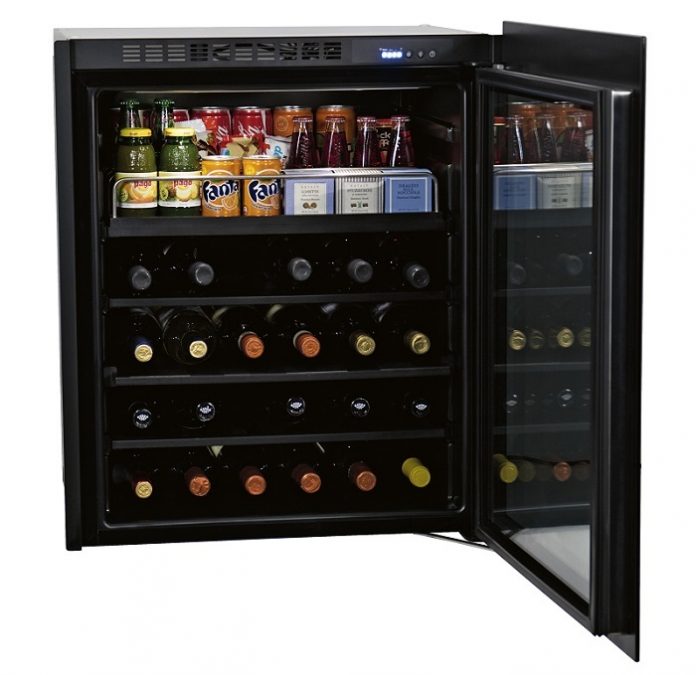Minibars have become a tiny fraction of hotel revenue and many have decided they’re just not worth the bother.
They take up space, each costs $200 or so to install and they consume energy. It takes staff time to re-stock the mini-bar and monitor its use, it’s a debt burden that the hotel must bear to maintain inventory and cunning guests game the system.
They drink the contents of the miniature Scotch bottle and replace them with weak tea. Water will do fine for the vodka.
The Toblerone?
Slit open the box with care and you can put it back empty. If the item appears on the guest’s bill at check-out, “That wasn’t me, honest, must have been a previous guest did that.” And no front-desk receptionist wants to have a “yes you did, no I didn’t” stand-up barney with a departing guest.
Why should they?
In most hotels the mini-bar is checked daily by a staff member who counts the number of Mars bars, cans of Coke and bottles of wine, marks any missing items on a chart and then inputs the total onto the guests bill. The possibilities for human error are enormous.
Armed with the knowledge that everything in the mini-bar is a rip-off, they’re a source of irritation for guests. Why pay $6 for a can of soft drink that sells for $1.50 in a convenience store? Or $17 for a half bottle of bad wine? Prices like these are enough to blunt even the sublime pleasure of consuming a whole package of peanut M&M’s by yourself in your bathrobe while sprawled on the bed.
Another problem – the mini-bar is way down the list of guests’ priorities. When the InterContinental Hotels Group surveyed guests to find out what was most important in a hotel room, 61 per cent said Wi-Fi, just one per cent said a mini-bar. In another survey by TripAdvisor, hotel guests also reported that the mini-bar was the least important amenity.
In an attempt to streamline the process of monitoring consumption from the mini-bar, and eliminate the possibility of erroneous charges, some hotels have installed motion-sensor technology. The instant a guest moves the can of Perrier or the chocolate bar, bingo, it gets charged to their account. Even if it’s taken out, inspected and replaced, the charge lives on.
In other hotels, the empty mini-bar will be filled only at a guest’s request, with a charge for the full value of the contents debited against the guest’s credit card, and any non-consumed items to be credited to the guest’s account in the fullness of time. As if.


























